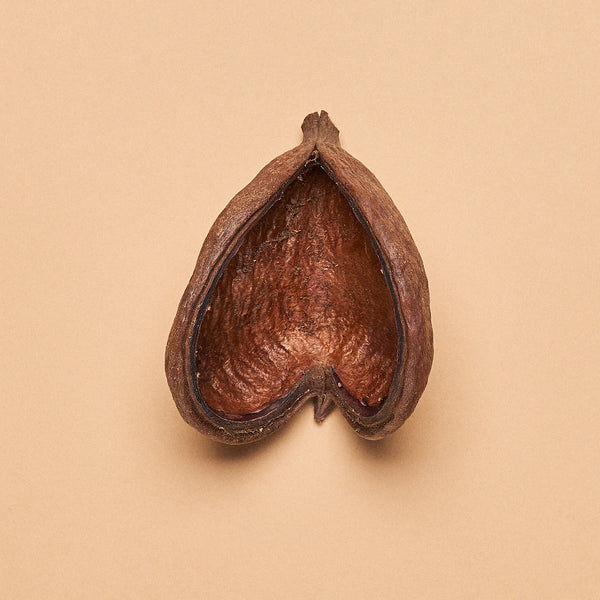- Continue Shopping
- Your Cart is Empty
Melastoma Root - Hand Selected Specimens
Sold Out
If you're looking for something truly unique and interesting for your next 'scape, you're going to absolutely LOVE these cool-looking roots. It looks a bit like "Spider Wood." The big difference is the incredibly intricate root systems that most of the specimens possess.
These pieces range in size between 8"-10" (20.32cm-25.40cm) or so.
Derived from the rather invasive Melastoma candidum, these dried roots are carefully procured and selected by hand by fellow fish geeks in Indo, just for us. To our knowledge, these unusual roots have seldom, if ever been available in the U.S. before. The scraping possibilities with this stuff are endless...We've just started playing with some ideas, ourselves!
Like its distant cousin, "Spider Wood", this stuff tends to float when first immersed, so you'd probably want to anchor it down in a bucket of fresh water for a few days to get it to saturate and sink. Shortly after submersion, it will recruit significant biofilm and fungal growth, but this will typically pass, as with most wood types we use in aquariums. It darkens a bit and acquires an attractive "patina" over time, too!
ORIGIN: Sanggau, West Kalimantan, Borneo
NOTE: The photo is representative of the general appearance of these pieces. Each one is unique; these are NOT WYSIWYG specimens.
SEE OUR SHIPPING AND HANDLING PAGE FOR OUR SHIPPING POLICIES
Related Items
Sterculia Pod
Sold Out - $ 16.00
The beautiful fruit, or "follicle", as botanists call it) of the jungle tree Sterculia foetida are among our favorite botanicals! Also known locally in Southeast Asia as the "Java Olive." They are carefully collected as...
Sterculia
Sold Out - $ 16.00
The leaves of the Guava tree (Psidium guajava) provide many benefits for aquaria, including their well-documented antibacterial properties and their great value as a supplemental food source for ornamental shrimp....
Catappa Leaves- Medium Size
Sold Out - $ 14.00
The leaves of the Indian Almond Tree, (Terminalia catappa), provide numerous benefits for tropical fish. The leaves, when steeped in water, impart a beautiful golden-brown color, reduce the pH, and...





















